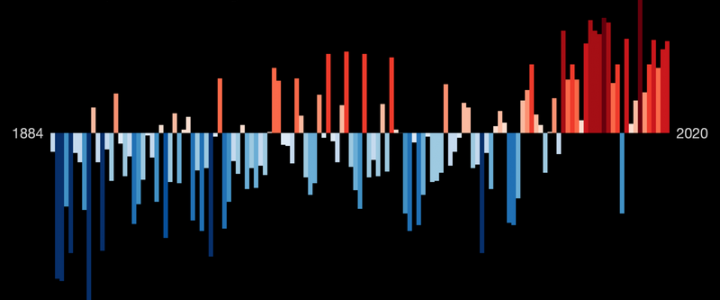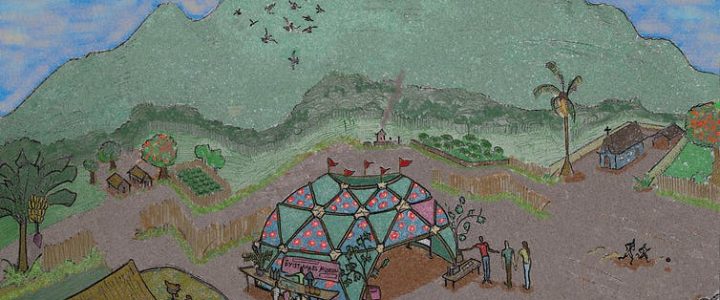This toolkit represents a comprehensive response to the pressing challenge of climate change, which not only poses a threat to the environment but also amplifies existing social injustices and inequalities. Its primary objective is to equip independent museums in the Highlands with the necessary resources and methodologies to effectively incorporate climate action into their operational framework while fostering meaningful engagement with their communities.
We acknowledge the challenges faced by many small museums that may already be operating beyond their capacity. Embarking on the sustainability journey can indeed seem daunting and overwhelming, particularly when viewed as a massive undertaking. However, the toolkit aims to alleviate this concern by emphasising that sustainability can be seamlessly integrated into existing plans and projects, thereby becoming an intrinsic part of ongoing museum activities.
By presenting a step-by-step guide, complete with lists, glossaries, and do-it-yourself policy kits, the toolkit seeks to demystify the process of becoming more sustainable. Rather than viewing sustainability as a separate and burdensome task, museums are encouraged to see it as a pathway to enhancing resilience and attractiveness to funders. By strengthening sustainability practices, museums not only contribute to climate action but also position themselves as more appealing destinations for visitors and potential revenue sources.
Ultimately, the toolkit strives to streamline the sustainability journey for museums, allowing them to devote less time to administrative tasks such as policy development and more time to engaging in meaningful sustainability projects and events. By providing practical resources and guidance, the toolkit aims to empower museums to navigate the sustainability landscape with confidence and enthusiasm, driving positive change within their communities and beyond.
Why should museums & heritage organisations take action?
- It makes financial sense: save money. Action now, saves costs later. It is cheaper to address climate and adaptation measures now rather than leaving it. Make links to Sustainable Development Goals to strengthen funding applications.
- Climate and social justice – ensuring a just transition.
- Educational enrichment – assisting with behaviour change.
- Enhance reputation.
- Attract and retain staff.
- Press opportunities – opportunities for museums to spread the word about the great work they do to be more environmentally and climate friendly.
- You can tackle multiple issues and there are opportunities for co-benefits. E.g. nature and biodiversity, employment, reduce pollution, community wealth building
- Current and future regulatory requirements: to secure funding in the future.
- Meeting current legislation ≠ safety: Climate change is happening fast but regulations and guidance are slow to change, currently lagging 12-20 years behind the science.
- Important to act now to avoid cascading risks: Full impact of climate change is difficult to quantify. E.g. Extreme weather disruption, fluctuating prices of materials.
- Crossovers with health and safety. E.g. Storms and flooding, pests and diseases, rising temperatures.
- Mitigation isn’t enough and we need to reduce negative environmental and climate impact.
Download the resources you need below and/or get in touch if you would like any help with getting started. This toolkit was developed in partnership with Ki Futures with thanks to funding from Museums Galleries Scotland.
Getting started and templates –
Museum Sustainability in 8 Steps
Awareness: Starting to think about sustainability in your museum
TEMPLATE_Environmental Action Plan
Sustainability Strategy Development
Easy wins and project inspiration
Curating climate stories and quick wins
Storytelling for the Planet_ a place-based approach for museum audiences
The Plastic Age_Future Archaeologists
Understanding the terms and building a case
Cultural Heritage Goals – Sustainable Development Goals
Funding tips


